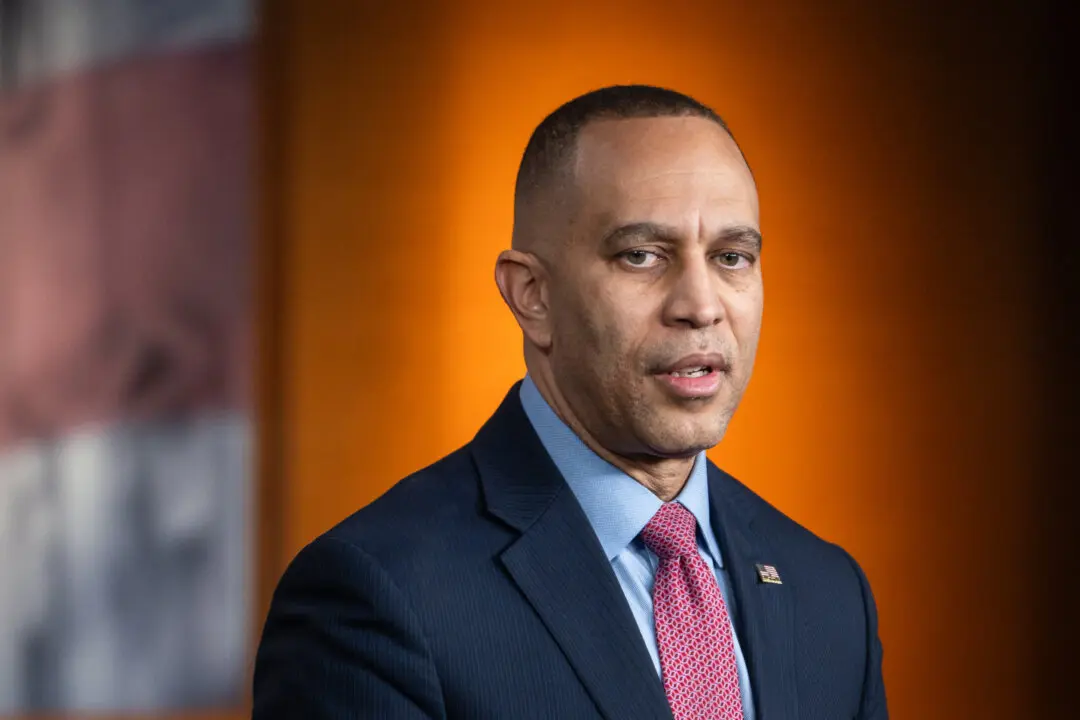Secretary of State Marco Rubio said on April 13 that U.S. authorities had deported 10 more alleged criminal gang members to El Salvador over the weekend.
Rubio made the announcement after Salvadoran President Nayib Bukele arrived in the United States on April 12 for a meeting with President Donald Trump. He touted the U.S.–El Salvador alliance as an example of “security and prosperity in our hemisphere.”





